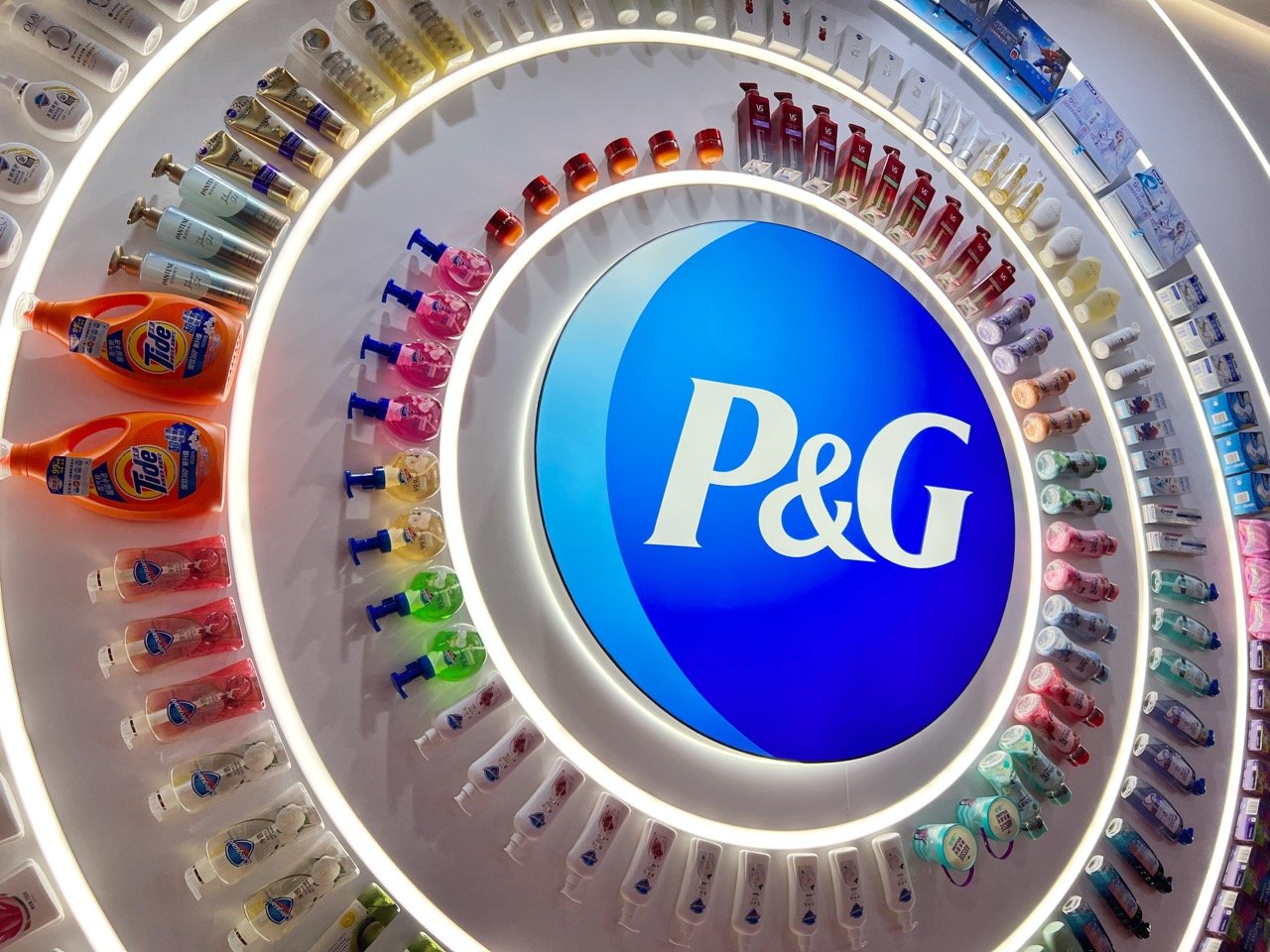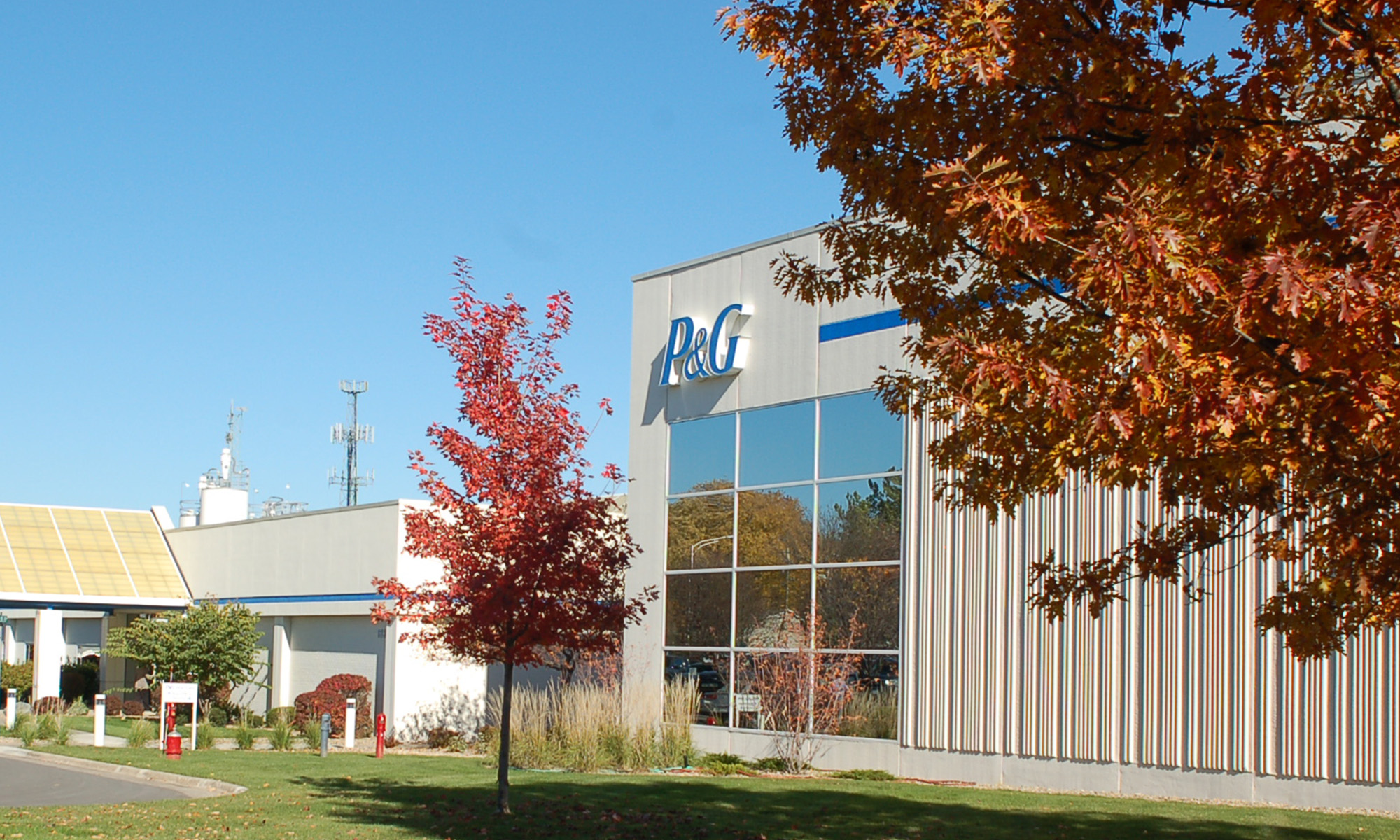To be considered a Dividend Aristocrat a company must meet certain requirements, highlighted by a track record of no less than 25 years of annual dividend increases. Procter & Gamble (NYSE: PG), PepsiCo (NYSE: PEP), and Colgate-Palmolive (NYSE: CL) are three Dividend Aristocrats that have delivered growing cash flows over time thanks to their remarkable brand power, a crucial competitive strength in the consumer sector.
Procter & Gamble
Procter & Gamble is a king among Dividend Aristocrats, with uninterrupted dividends dating to 1890. This has meant 124 years of consistent cash flow distributions for investors. Procter & Gamble has also raised its payments annually over the last 58 years, including a 7% dividend hike for 2014.
Procter & Gamble owns a remarkably valuable portfolio of leading brands in different consumer staples categories. This includes 23 brands that each make more than $1 billion in global annual revenue on a yearly basis, along with 14 additional brands that deliver between $500 million and $1 billion per year. The company sells mostly everyday necessities, which provides stability and predictability to its cash flow through all kinds of economic environments.

Source: Procter & Gamble.
Management is putting quality over quantity when it comes to its portfolio of brands. The company plans to sell up to 100 underperforming brands to better focus on its strongest opportunities for growth and profitability. CEO A.G. Lafley said he believes this restructuring will produce accelerating sales growth and expanding profit margins in the middle term.
During the quarter ended in September, Procter & Gamble produced more than $2.8 billion in free cash flow, of which $1.8 billion was absorbed by dividends. This suggests the company can generate more than enough cash to grow the payout in the years ahead. The dividend yield is roughly 2.8% at the current stock price.
PepsiCo
PepsiCo definitively lost the cola wars with Coca-Cola (KO +0.80%) in 2010, when Diet Coke surpassed Pepsi as the second-most-sold soda brand in the U.S. This gave Coca-Cola the first and second market positions with the flagship Coca-Cola brand and Diet Coke, respectively, relegating Pepsi to the third place.
However, PepsiCo is about much more than sodas: the company owns an undisputed leadership position in the global food and snacks business. In addition, noncarbonated drinks such as Gatorade and Tropicana have been remarkably successful for PepsiCo lately, as consumers are increasingly inclined toward products with a better health impact than traditional sodas. Across its global portfolio of products, PepsiCo owns 22 brands that bring in more than $1 billion each in annual sales.

Source: PepsiCo.
PepsiCo has increased its dividend over the last 42 years interruptedly, and it shows no sign of slowing. On the contrary, the company announced a mouthwatering dividend hike of 15% for 2014. Including both dividends and stock buybacks, PepsiCo intends to return $8.7 billion to shareholders in 2014, up 35% from total cash flow distributions in 2013.
The dividends is clearly sustainable, as the company allocated approximately 53% of free cash flow to payouts in the first three quarters of 2014. PepsiCo's dividend yields 2.7% at current pricing.
Colgate-Palmolive
Colgate-Palmolive has a presence in several consumer staples categories, including oral care, pet nutrition, home care and personal care. However, the bulk of revenue and cash flow come from its leadership position in the global oral care market. Management estimates the company has a global market share of 44.4% in toothpastes, 33.2% in toothbrushes, and 38.9% in mouthwashes.
Colgate-Palmolive makes more than 80% of its revenue from international markets, and it has a particularly dominant position in emerging markets. The company has a market share of 79.9% of the toothpaste market in Mexico, 71.5% in Brazil, 54.7% in India, 33.7% in China, and 32.8% in Russia.
This exposure to emerging markets can drag on performance during times of currency volatility and economic instability. On the other hand, it also means extraordinary opportunities for growth in the long term. As billions of people in emerging markets leave poverty behind in the coming decades, Colgate-Palmolive is positioned as a major beneficiary from the rising middle class.

Source: Colgate-Palmolive.
The stock pays a modest dividend yield of 2.1%, but it offers significant room for growth there, as payouts consumed only 53% of free cash flows in the first nine months of 2014. Colgate-Palmolive has paid uninterrupted dividends since 1895, and it has raised those payments annually over the last 51 consecutive years, including a 6% hike for 2014.
Looking ahead
Dividend investing is not solely about a solid history of payouts. Competitive strengths are crucial in evaluating a company's ability to boost dividends in the future. Brand value is one of the most powerful sources of competitive advantages in the consumer business, making Procter & Gamble, PepsiCo, and Colgate-Palmolive three particularly solid Dividend Aristocrats to consider.









